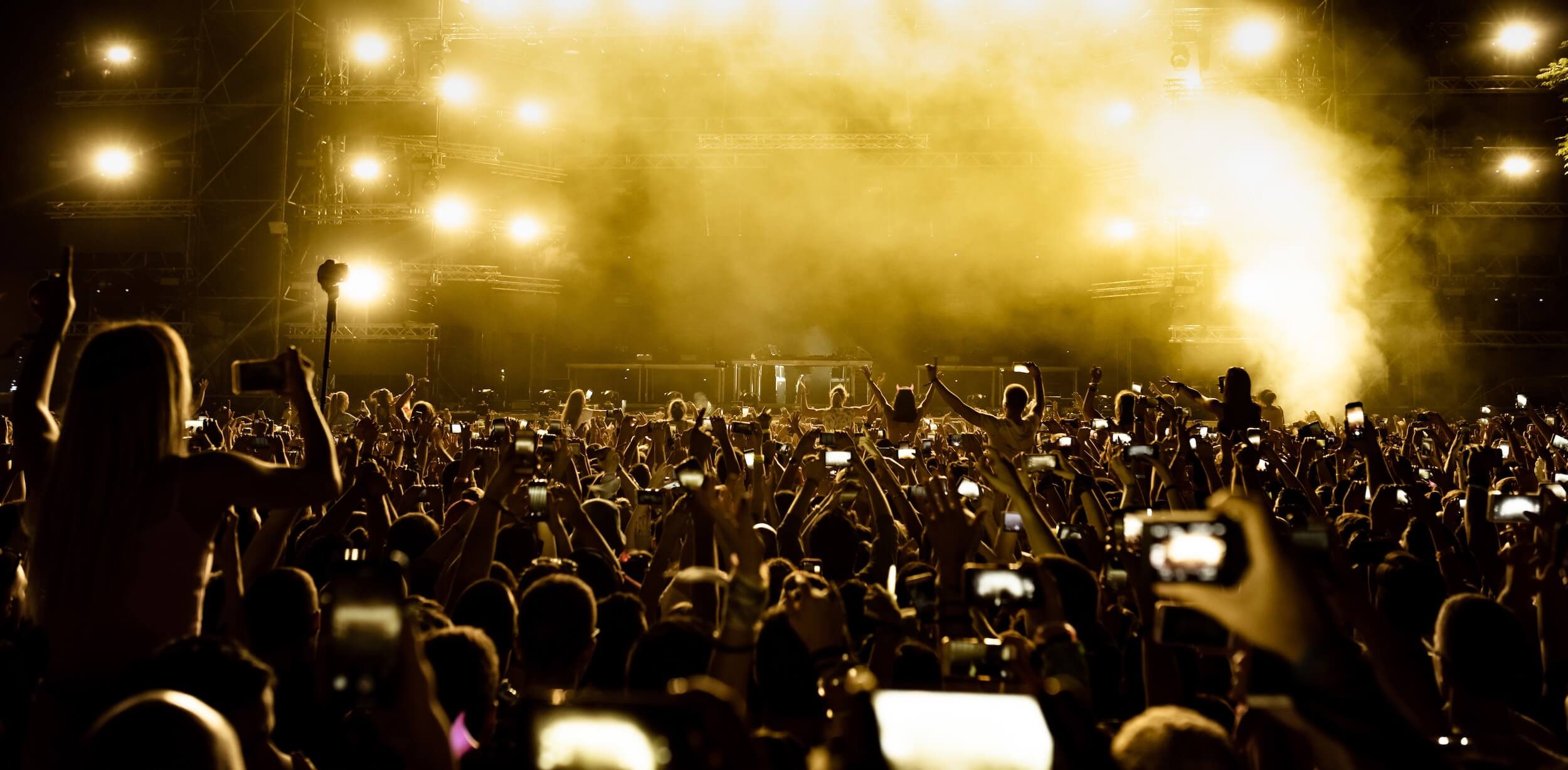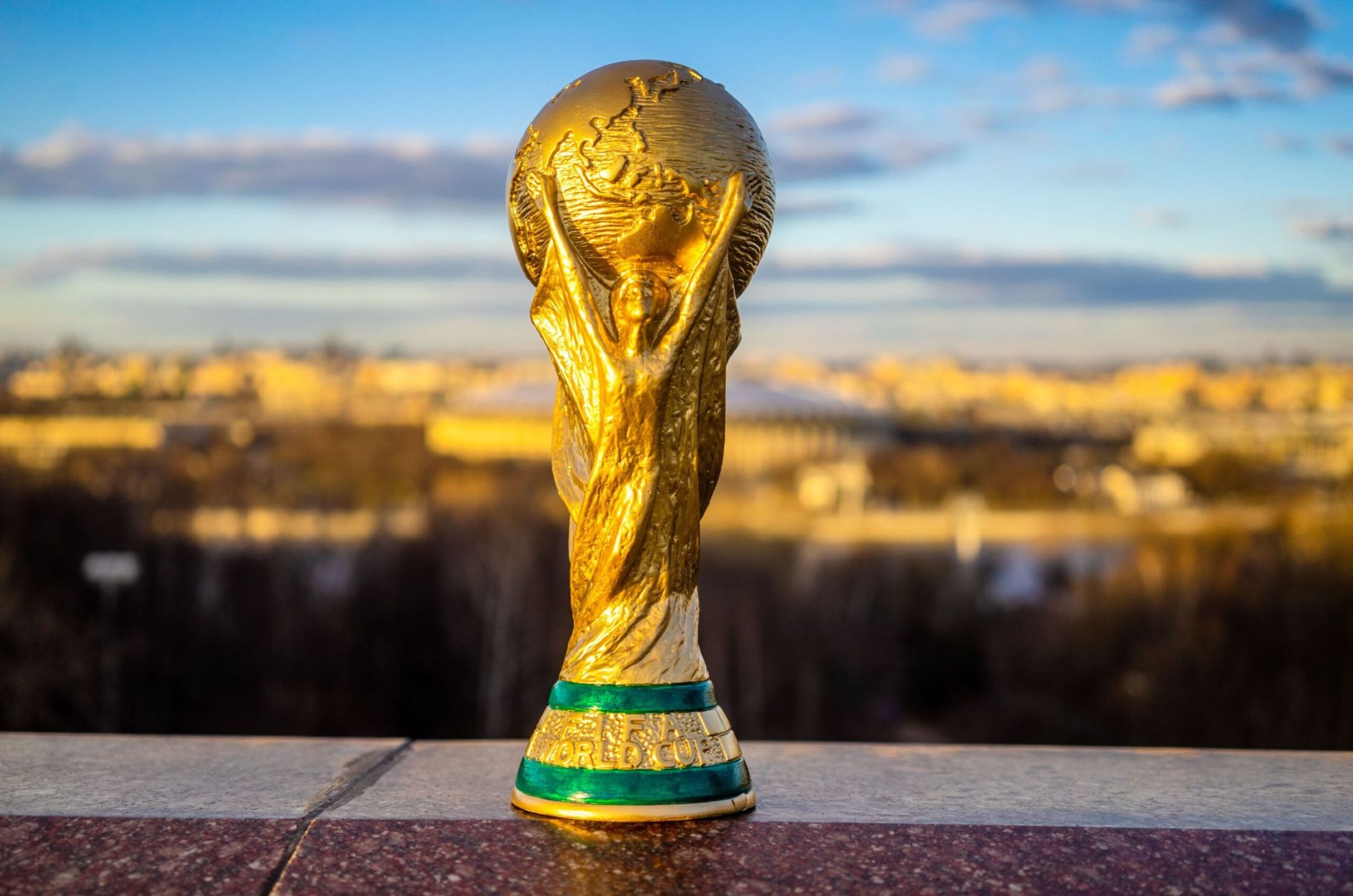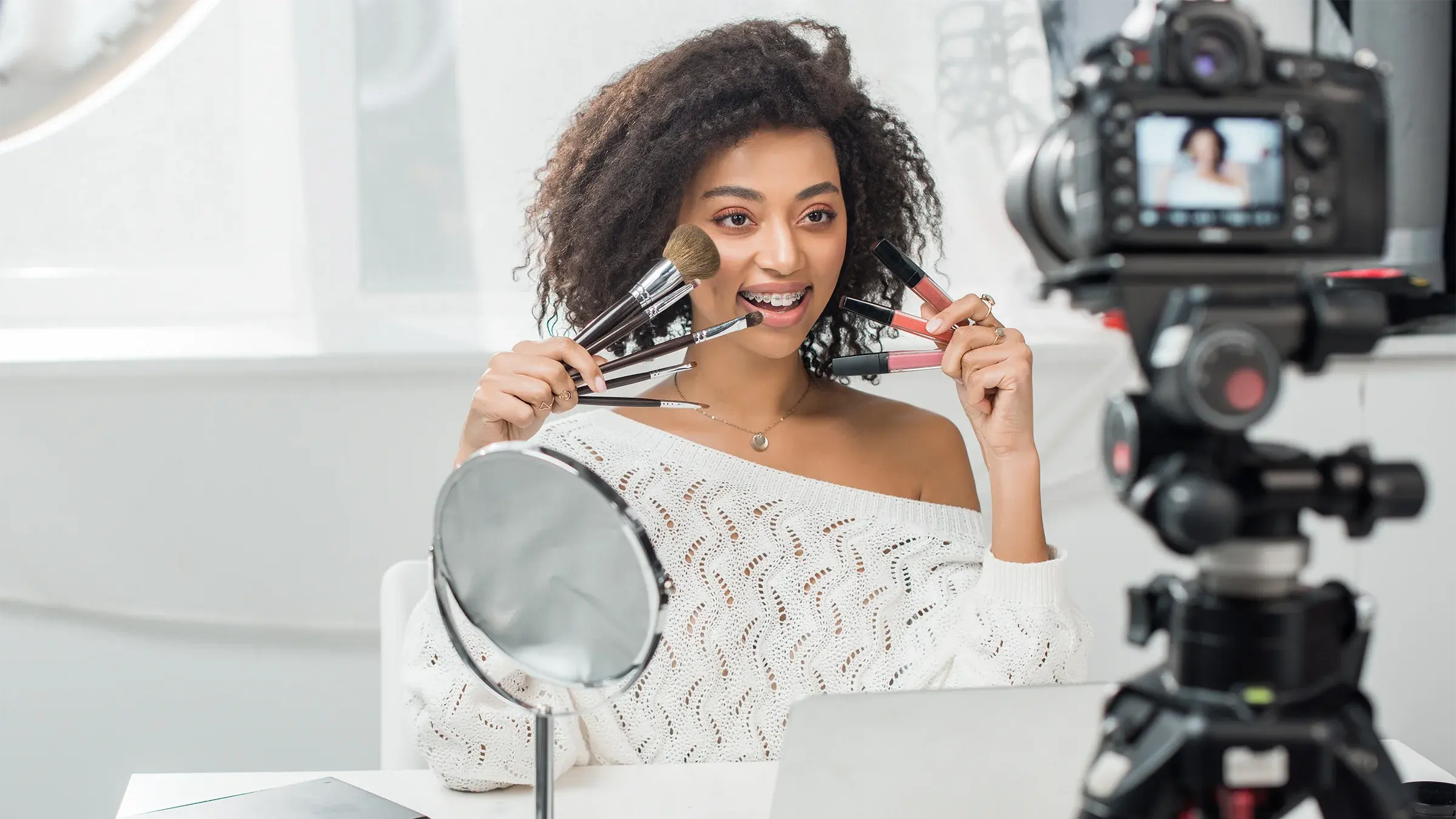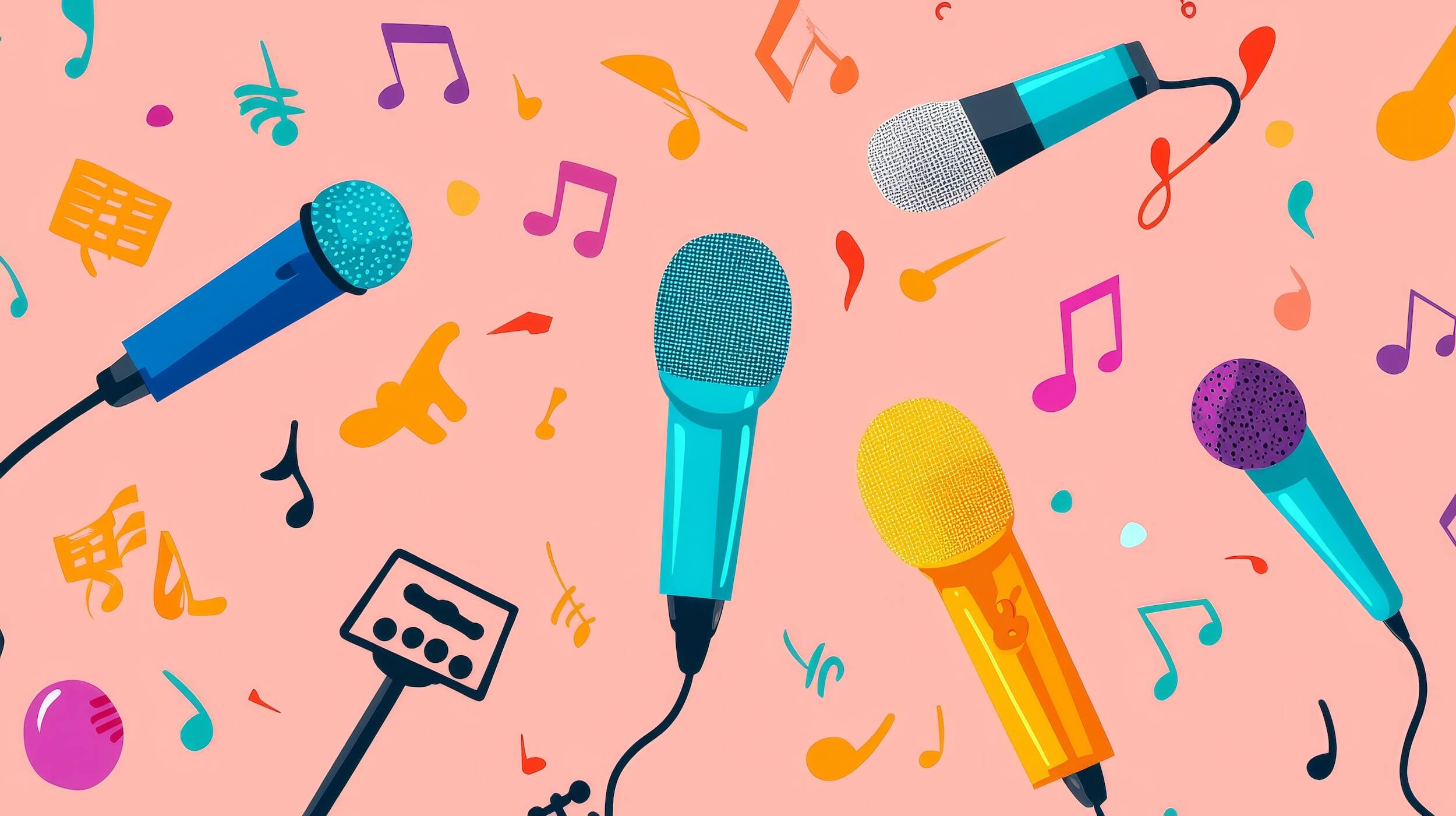Intro (00:00):
Welcome to the Taylor 10. A fast-paced, 10 minute deep dive into the minds of those shaking up the marketing world, bringing you the sharpest insights, boldest ideas, and breakthrough trends driving the industry forward. So tune in, get inspired, and stay ahead.
Carly (00:19):
Hello, I'm Carly Wilkins and welcome to the Taylor 10. I'm here with Howard Handler, president of 313 Presents, a live entertainment management company behind events at venues throughout Detroit to learn as much as I can about the future of fan engagement and immersive live entertainment in only 10 minutes. Hi Howard. Good morning. Could you tell us a little bit about your journey to 313 Presents and what's driven you to stay in the live entertainment and fan engagement industry for over 20 years?
Howard (00:41):
I actually began my career in packaged goods with the Quaker Oats Company in Chicago, but soon after moved to New York to really pursue a career that ultimately brought me to live entertainment. I started with Saturday Night Live and MTV. I've worked for a couple of sports leagues, NFL and Major League Soccer. I was part of the team that built Virgin Mobile from startup to going public on the New York Stock Exchange. Carly, you and I were privileged to meet when I was really right in the middle of live entertainment at Madison Square Garden Entertainment.
Carly (01:23):
Could you talk a little bit about how you define that fan engagement in this modern era of live entertainment?
Howard (01:28):
It's about creating meaningful, memorable connections that extend far beyond the performance itself. At 313 Presents, we try to emphasize the entire experience from the time that somebody purchased a ticket to the moment they leave the venue and every interaction in between. So it's really thinking hard about making the guests feel valued, whether that's through personalized communications, elevated hospitality or frictionless entry. So it's not necessarily just about the show, but it's about the entire experience surrounding it
Carly (02:11):
In technology. So much of that is behind what's happening with that consumer interaction. Could you share a recent example or maybe even just talk a little bit about the technology that your venues use to really kind of enhance that fan experience?
Howard (02:23):
Well, I'll zero in on one example because it's not exotic. It doesn't have to be kind of crazy bleeding edge technology. So our example is we have QR codes that are strategically placed around our premium spaces at our amphitheaters. So we've got the Bud Light Hilltop deck boxes on the top of the lawn at Pine Knob Music Theater, and we've got party boxes located really close to the stage at the Michigan Lottery Amphitheater. Concert goers can see groups enjoying a great night out in those spaces and they'll see the QR codes and if they want to know more about it, they can scan the QR code and it takes them directly to a premium section of our website to get more information or to put them in touch with our sales team. So we're really trying to empower guests to engage with our team on their own terms, discover what matches their interests, and again, the technology part of it, not terribly exotic. I mean, QR codes, everybody's pretty familiar with those.
Carly (03:45):
I'm curious, just, we mentioned the sphere at the top of the call, but thinking of just that in venue experience and what consumers are looking for, do you feel like that immersive experience or really feeling like when you're in venue, that again, everything is easy, that you're able to have access, there aren't a lot of long lines. Do you feel like that's really a necessity to compete for fans' attention these days? Or do you think that's really a luxury?
Howard (04:10):
I think that immersive experiences are becoming the expectation, not the exception.
(04:18):
And I do think there's a lot for all of us in the industry to take from the sphere. It's the boldest leap forward. It's designed from the ground up to elevate the show itself. The spatial audio, spatial audio in particular is the thing that really blew me away. Directional spatial audio, and then obviously the wraparound LED visuals. The technology didn't really distract, but it rather deepened the kind of emotional connection and set a new bar of what's possible. And that made me think about really everything that you experience, even in some of our lowest tech venues, like the amphitheaters, the amphitheaters are really, really basic, but every single touchpoint is an opportunity to surround people with the very best experience.
Carly (05:19):
So knowing that we have so many touchpoints with that consumer, how are you all leveraging data and analytics to really understand that fan behavior from that presale to on sale, purchasing that ticket before the event, et cetera? How are you all using that data to enhance the experience?
Howard (05:37):
Well, you're a pretty experienced marketer, so you set a lot in terms of your tee up data's at the heart of how we understand and anticipate fan needs. We're trying to track as you're describing engagement across the full journey. So from the very first clicks in a presale email to how they navigate our website, what seats they consider, how they behave on site, what they share in post-show feedback, we want to understand are we adding enough value to become their go-to for live experiences. Data helps us continually refine what we deliver and how we deliver it.
Carly (06:26):
Well, knowing that data is really fueling a lot of that personalization, however, your venues are quite large, how are you balancing that personalization for fans at scale, but while still keeping it authentic?
Howard (06:39):
We are ultimately in the business of creating memories, and we recognize that people come at it a whole bunch of different ways. Fans want flexibility, whether they're looking for that super premium experience, it's this very special night out or they're just going to the show. So we think about ease, comfort, and choice. Those are the raw ingredients for us.
Carly (07:10):
So knowing that you're in the business of creating memories and that really that contributes to loyalty, how are you all rewarding that loyalty, whether that be return visitors or maybe it's across the suite of venues? How are you all doing that?
Howard (07:26):
Ultimately, loyalty means a lot of things for people. For us, it's about trust, value, and consistency. With so many options available, when guests choose us repeatedly, we take that very seriously and that's kind of what we take away from it. We believe that it's earned through a guest first experience show after show. Loyal customers are our most frequent advocates, and our premium sales and service team is a major driver of that. Members often say they return not just for the seats, but for the personalized care that they receive from the moment that they arrived.
Carly (08:14):
Well, with that, I'd love to close on really what's exciting you most about the future and trends that you're seeing that are really going to significantly shape the future of live events in the next five to 10 years.
Howard (08:24):
So we are using AI and predictive analytics. Those tools are giving us faster actionable insights. They're helping us understand fan behavior and market trends to really optimize the campaigns. So each event resonates with fans and drives stronger results for our partners. We're also thinking a lot about closer venue promoter collaborations. Promoters are people like Live Nation or AEG or Feld. So promoters and venues, which we manage are collaborating more closely than ever before. We're no longer just places where shows happen. We're active partners in helping artists connect with their fans and amplify their brand. From integrated marketing campaigns to production planning, we're able to help deliver more cohesive, seamless experiences that fans feel from event announcement to the final encore.
Carly (09:39):
Well, thank you for being with me today, Howard, and in talking about this, I can't wait to catch a show at one of your venues.
Howard (09:46):
Well, listen, come to Detroit, man. Detroit's on fire. We are in the midst of this great renaissance.
Carly (09:53):
Thank you, Howard. Really appreciate it.
Howard (09:54):
Thank you, Carly.






.jpg)


.png)
.png)
.jpg)
.jpeg)
.jpg)

.jpg)
